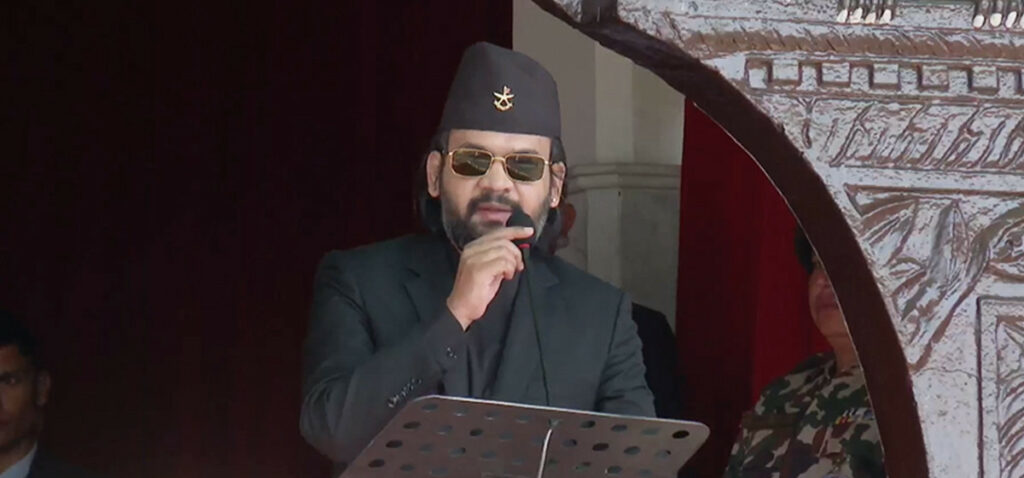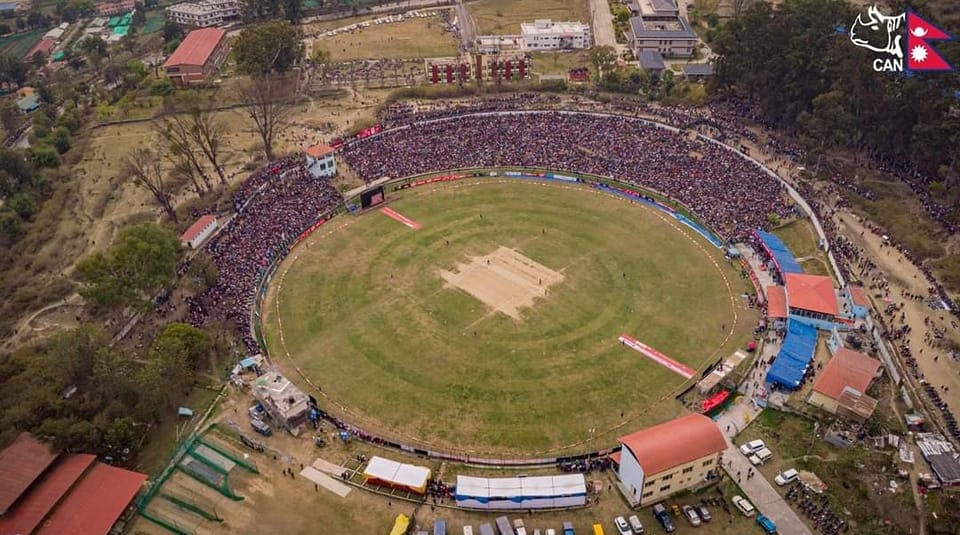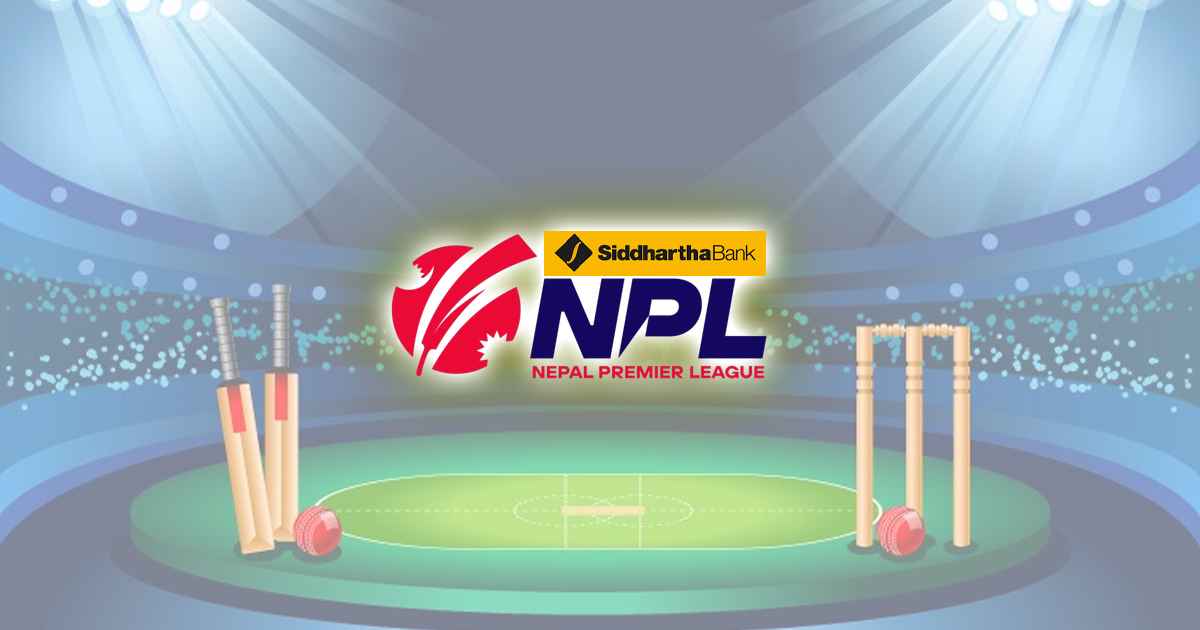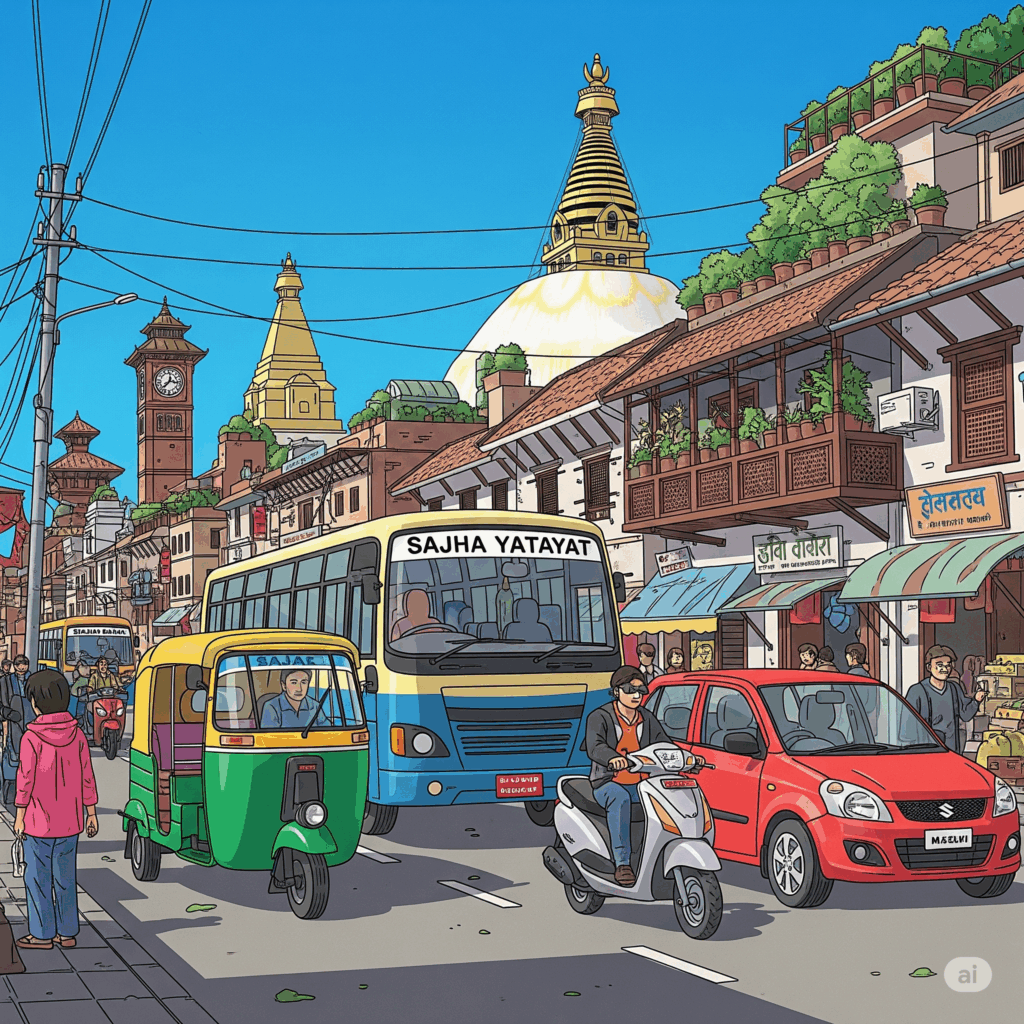Kathmandu Metropolitan City (KMC) Mayor Balendra (Balen) Shah during 30th Mahanagar Day Celebration at Sainik Manch, Kathmandu, emphasized his commitment to building a livable metropolis that caters to the needs of all citizens across Nepal’s 77 districts. At an event marking the 30th anniversary of KMC’s declaration as a metropolis, Mayor Shah shared his vision for making the city cleaner, greener, and better organized to ensure a high quality of life for its residents.
A Clean, Green, and Well-Organized Kathmandu
During his speech, Mayor Shah outlined his goals for a sustainable and vibrant Kathmandu, one that represents the heart of Nepal’s culture, art, and music. He stressed that creating a livable and prosperous metropolis is not just about infrastructure but also about fostering an environment that reflects the values and traditions of the diverse communities that call Kathmandu home. His focus on cleanliness, greenery, and organization reflects his broader vision for the city, one that is not only functional but also beautiful and accessible to all.
The Mayor also highlighted the importance of the city’s sanitation workers, the metropolitan police, department heads, and staff members who have continuously worked to provide excellent services to the city’s residents. He expressed his deep gratitude towards them, recognizing their efforts as crucial in maintaining the city’s daily operations and ensuring it remains an attractive place to live.
A Tribute to Service Providers
In his address, Mayor Shah took the opportunity to acknowledge the hard work of those behind the scenes. He expressed heartfelt thanks to the sanitation workers who keep the streets clean, the metropolitan police who ensure the safety and security of the residents, and all other staff members who contribute to the smooth functioning of the metropolis. The cultural tableaux presented at the event, which celebrated the rich history of Kathmandu, were also acknowledged, as they highlighted the cultural richness that is an essential part of the city’s identity.
Kathmandu: A City of Culture, Art, and Music
Describing Kathmandu as a city filled with culture, art, and music, Mayor Shah reaffirmed his commitment to preserving and enhancing these aspects while modernizing the city’s infrastructure. His vision is to make Kathmandu not only the cultural capital of Nepal but also a prosperous, well-organized city where both heritage and innovation can coexist. The Mayor emphasized that for Kathmandu to thrive, it must balance its historical significance with the demands of modern urban development, aiming to make the city a model for the rest of the country.
Deputy Mayor Sunita Dangol’s Focus on Infrastructure Development
Deputy Mayor Sunita Dangol, who also spoke at the event, reiterated the importance of infrastructure development in building a prosperous city. She emphasized that the ongoing efforts to improve the city’s infrastructure are crucial to achieving the vision of a sustainable and well-organized Kathmandu. From road development and waste management to public transport and green spaces, the Deputy Mayor highlighted that these projects are top priorities for the city government.
The collaboration between Mayor Shah and Deputy Mayor Dangol reflects a shared commitment to creating a city that is not only prosperous but also livable for everyone. By investing in infrastructure and services, they aim to address the challenges of urbanization while ensuring that Kathmandu remains a city that values its cultural heritage.
30th Anniversary of Kathmandu’s Metropolitan Declaration
The celebration of the 30th anniversary of the declaration of Kathmandu as a metropolitan city marks an important milestone in the city’s history. On Mangsir 29, 2052 BS, Kathmandu was formally declared a metropolitan city, and since then, it has undergone significant transformation. The event provided an opportunity to reflect on the progress made over the years and reaffirm the commitment to sustainable development.
The establishment of the ‘Safai Adda’ (Waste Management Center) on Poush 3, 1996 BS, which eventually led to the declaration of Kathmandu as a metropolis, set the foundation for many of the city’s current urban management and development policies. This occasion, Metropolitan Day, serves as a reminder of the city’s journey toward becoming a more cultured, prosperous, and sustainable metropolis.
Moving Toward Sustainable Development
As Kathmandu continues to grow, the challenges of managing a rapidly urbanizing city become more pronounced. However, with Mayor Shah’s focus on cleanliness, sustainability, and infrastructure, the city is poised to address these challenges head-on. The celebration of Metropolitan Day reaffirms Kathmandu’s ongoing commitment to sustainable development that balances the city’s rich cultural legacy with the modern needs of its citizens.
With the combined efforts of the Mayor, Deputy Mayor, and all municipal staff, Kathmandu is on a path to becoming a metropolis that not only serves its residents today but also leaves a lasting legacy for future generations. As the city looks toward the future, the focus on creating a clean, green, and well-organized Kathmandu will continue to shape its growth for years to come.
Mayor Balen Shah’s vision for Kathmandu Metropolitan City is clear: a clean, green, and well-organized city that remains rooted in its rich culture and heritage. As Kathmandu celebrates its 30th anniversary as a metropolitan city, the commitment to sustainable development and infrastructure improvements is stronger than ever. With the combined efforts of its leadership, municipal staff, and citizens, Kathmandu is on its way to becoming a city that meets the needs of all its residents while maintaining its unique cultural identity.






